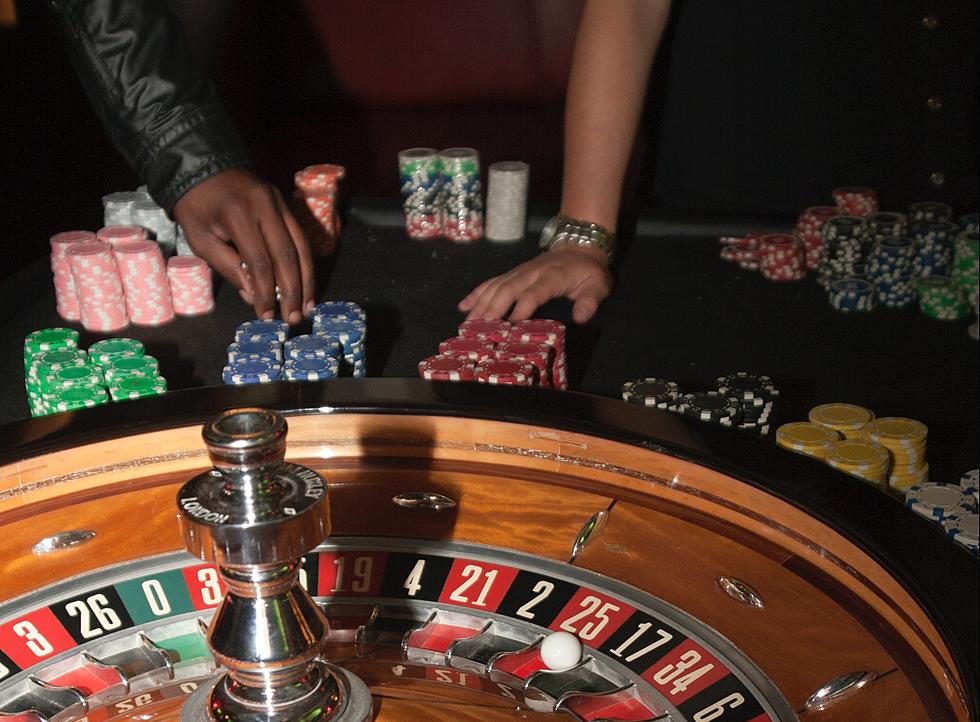
Casino experiences have long captured the fascination of humans around the globe, becoming an important part of both leisure and tradition. From the glimmering lights of the Vegas Strip to the engaging experience of internet gambling, these games evoke enthusiasm, uncertainty, and sometimes even a sense of sentimentality. They are beyond just hobbies; they have woven themselves into the texture of our lives, influencing everything from cinema and songs to fashion and books.
The charm of casino games surpasses the gambling aspect, tapping into broader themes of luck, chance, and human behavior. Jun 88 As players convene around a poker table or turn the roulette, they engage in an age-old ritual that echoes with our collective desire for adventure and uncertainty. This captivation has led to the emergence of countless references in cinema, songs, and video games, showcasing how strongly entrenched these games are in mainstream culture. Whether it is the high-stakes tension of a classic caper or the vibrant nightlife portrayed in videos, casino games have created a substantial place that reflects our connection with risk.
Social Importance of Gambling Games
Casino games have played a pivotal role in cultural contexts throughout history. Stemming from ancient societies, forms of chance were often connected to rituals or gatherings. For example, early forms of these activities can be linked back to historic Chinese and the Roman Empire, where dice games and wagering on results were popular pastimes. These games not only functioned as leisure but also as means of social interaction, facilitating connections among individuals within communities.
As cultures evolved, so did the complexity and structure of gambling games. The establishment of official casinos in the 17th century, particularly in the Italian region, marked a major shift in how games were perceived and structured. With specific spaces for gambling, the casino became a community center where patrons from different backgrounds gathered. This change contributed to the legitimization of the industry, transforming it from a mere pastime into an established industry that shaped economy and regulations.
The impact of casino games on popular culture cannot be understated. As they were popularized in books and movies, games such as poker and 21 became icons of risk, luck, and tactics. Iconic figures and narratives have emerged around these games, illustrating societal views towards fortune, wealth, and immorality. This fascination with gambling activities has permeated various forms of entertainment, solidifying their status in the public imagination and linking them to wider cultural stories throughout the ages.
Portrayal of Casino Games in Media
Casino games have long been a popular theme in various forms of media, reflecting both the thrill and complexities of gambling culture. Films such as Ocean’s Eleven and Casino Royale portray individuals who navigate dangerous scenarios, showcasing not only the allure of the casino atmosphere but also the tactics and judgments that come with playing popular games like poker and blackjack. These movies often dramatize the thrill of winning and the potential repercussions of losing, encapsulating the risks involved in betting.
TV programs have also explored the world of gambling activities, often integrating them into the storyline as a setting for character arcs and conflict. Series like Las Vegas depict the experiences of gambling employees and casino-goers, highlighting the vibrant, often tumultuous energy of the gaming floor. Reality shows featuring intense betting contests further emphasize the attraction of casino games, drawing viewers into the tension and planning involved in each round. Through these portrayals, media not only entertains but also prompts conversations about fortune, expertise, and the nature of randomness.
Video games have increasingly incorporated casino games into their structure, allowing players to recreate the thrill of betting without monetary loss. Titles within the domain of digital gaming often include online slot machines, online poker, and other casino favorites, creating an engaging environment that mirrors real-life gameplay. These virtual portrayals make casino games accessible to a worldwide viewer base, appealing to both risk-takers and those who enjoy the rush of virtual experiences. As a outcome, the representation of casino games in entertainment continues to shape societal views and cultural significance, highlighting their place in society and social context.
Impact of Casino Games on Society
Casino games have a meaningful effect on communities, affecting various facets of culture and social behavior. They often function as a platform for community engagement, where people come together to experience a shared activity. Game nights with friends or visits to casinos become group events that build connections and create memories. This communal aspect enhances the entertainment value of gambling activities, making them a favored choice for festivities and leisure activities.
Additionally, gambling activities have been depicted in numerous movies, TV series, and written works, influencing views and opinions towards gambling and gaming. Icons like James Bond playing baccarat or the high-stakes poker scenes in films have embedded these games in the collective imagination. This depiction often idealizes the lifestyle associated with casino activities, drawing in new players and influencing trends in both fashion and behavior. These representations can spark curiosity and lead to a more profound investigation of the intricacies of gaming.
Nonetheless, there are also adverse implications associated with the widespread appeal of casino games. The temptation of quick monetary gain can lead to gambling addiction and financial troubles for some individuals. Society must contend with these consequences, advocating for responsible gambling and education of the dangers involved. Balancing the entertainment value of gambling activities with the risks is crucial to ensure that they remain a beneficial aspect of our cultural landscape.
